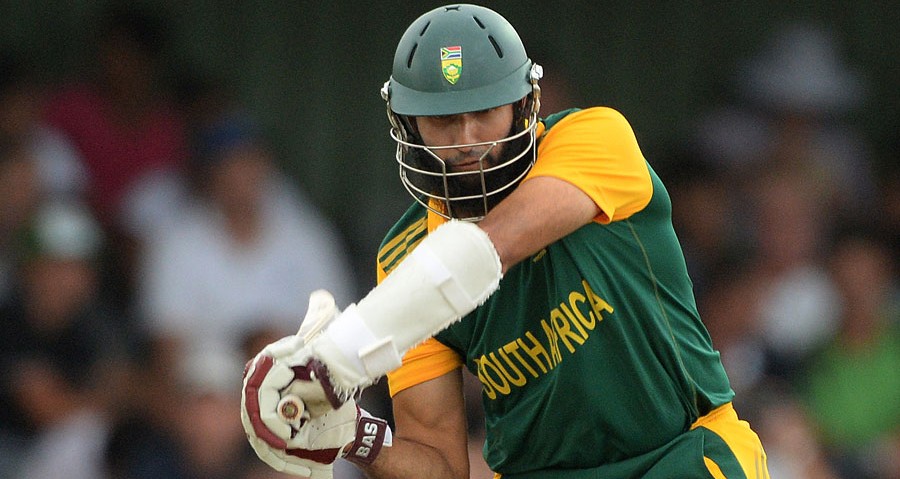
South Africa have a history of fluffing golden opportunities at the last moment and this unwanted legacy is bound to impact their psyche

As with most tournaments, the key point about this World Cup 2015 is the format, in which a total of sixteen contenders compete initially at the group stage, followed by the knockouts. The four starting groups of four teams each have been distributed in such a way that the eight frontline sides (all the test nations, excluding Bangladesh and Zimbabwe) are spread equally across them, with the top two teams from each group progressing onwards to become the eight starting quarter-finalists.
Although one can never rule out a surprise or two, the most likely scenario is that the quarter-finals will be contested by the eight leading teams of world cricket, including Australia, England, South Africa, New Zealand, West Indies, India, Sri Lanka, and Pakistan. Once in the quarter-final, you require only three straight victories to win the title. This short burst introduces an inherent unpredictability, with little room for error from any side.
On paper, South Africa are the most gifted outfit with the greatest wining momentum. Australia is also a strong contender, brimming with talent and playing with home advantage. New Zealand is looking another competitive side, well-balanced in all departments and peaking as an effective combination, as are England and Sri Lanka. India are coming into the tournament on a losing streak from their tour of Australia, yet they have outstanding batting depth, which is always an asset in ODIs.
West Indies and Pakistan appear the weakest sides from among the likely quarter-finalists. West Indies players are at loggerheads with their cricket board, and are being forced to play in a highly politicised climate, which is bound to erode motivation and morale.
Pakistan’s problems are more fundamental, stemming from a relatively toothless bowling attack, threadbare batting, and alien conditions. Even so, any of the eight quarter-finalists will have a decent chance of advancing. Even Pakistan and West Indies, traditionally mercurial sides with the spirit to crush anybody on their day, could well be sitting in the semifinals.
There is an essential uncertainty in limited-overs cricket and it has been repeatedly demonstrated over the 40-year history of the cricket world cup. India, for example, won as rank underdogs in 1983, and Pakistan were surprising champions in 1992. In 1987, when the entire subcontinent considered an India-Pakistan final a foregone conclusion, the final was eventually fought between England and Australia, with Australia winning as outsiders.
This is not to suggest that cricket logic doesn’t prevail in World Cup competition. After all, pre-tournament favourites have won the cup in 1979 (West Indies); 1999, 2003 and 2007 (Australia); and 2011 (India). In each of these cases, however, the winning team was head and shoulders above the rest of the starting line-up.
South Africa are arguably such a side this time around but the separation between them and the other leading sides is not as wide, for example, as West Indies and Australia versus the rest in their respective heydays. Moreover, South Africa have a history of fluffing golden opportunities at the last moment and this unwanted legacy is bound to impact their psyche, especially in the knockout phase.
No doubt, Pakistanis at home and around the world are all keen to see Pakistan take the championship. This is only the second occasion when the World Cup is being hosted in Australia and New Zealand, and Pakistan’s iconic success in the previous one is lending a sentimental effect as the current competition approaches.
Emotions aside, however, it is difficult to see our team going all the way. In 1992, four of Pakistan’s all-time greats (Imran Khan, Javed Miandad, Wasim Akram, and Inzamamul Haq) were part of the team. Today, we have only one truly star presence, our legendary all-rounder Shahid Afridi. There is no other Pakistan player who could earn selection into another frontline team.
So, while Pakistan could well be semi-finalists, entering the final would be considered a major upset for them, and lifting the trophy will be a miracle. Nevertheless, we can always hope, as every now and then miracles do happen.
-- Saad Shafqat, Cricinfo columnist, neurologist, and thriller writer for whom cricket is no mystery.